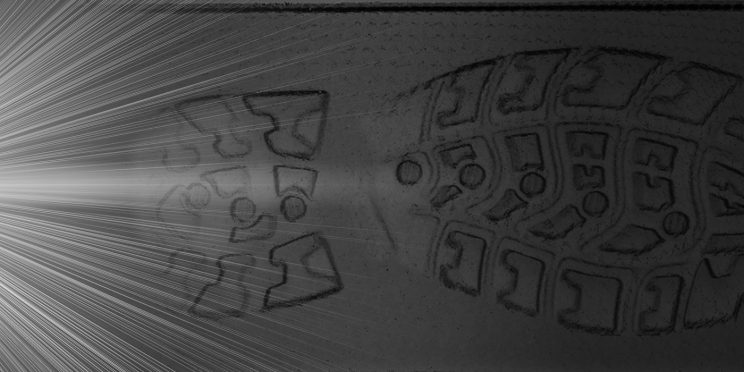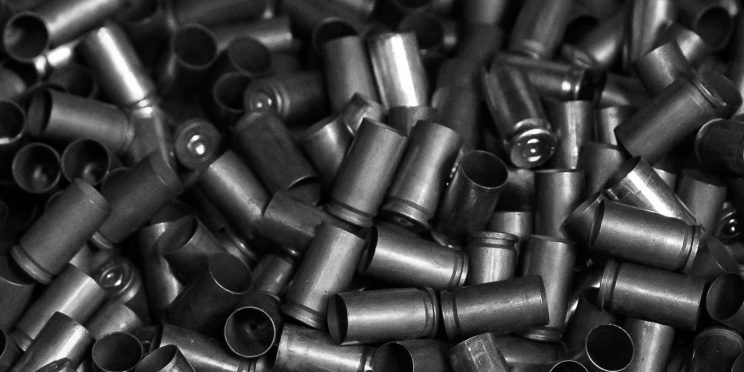Overview
This webinar was presented to discuss the results and implications of an error rate study of cartridge case comparisons.
The study was designed to measure false positive and false negative error rates of examiner comparisons of fired cartridge cases. The study included a determination of the rate for poor mark reproduction. It also was designed to provide uncertainties for these rates. The statistical treatment used and meaning of the measured rates will be discussed. The results show a significant variation in how the AFTE range of conclusions is implemented.
A certificate of completion is available for all who register and attend this webinar.
Presenter
- Dr. David Baldwin
Funding for this Forensic Technology Center of Excellence webinar has been provided by the National Institute of Justice, Office of Justice Programs, U.S. Department of Justice.
The opinions, findings, and conclusions or recommendations expressed in this webinar are those of the presenter(s) and do not necessarily reflect those of the U.S. Department of Justice.
Contact us at ForensicCOE@rti.org with any questions and subscribe to our newsletter for notifications.




